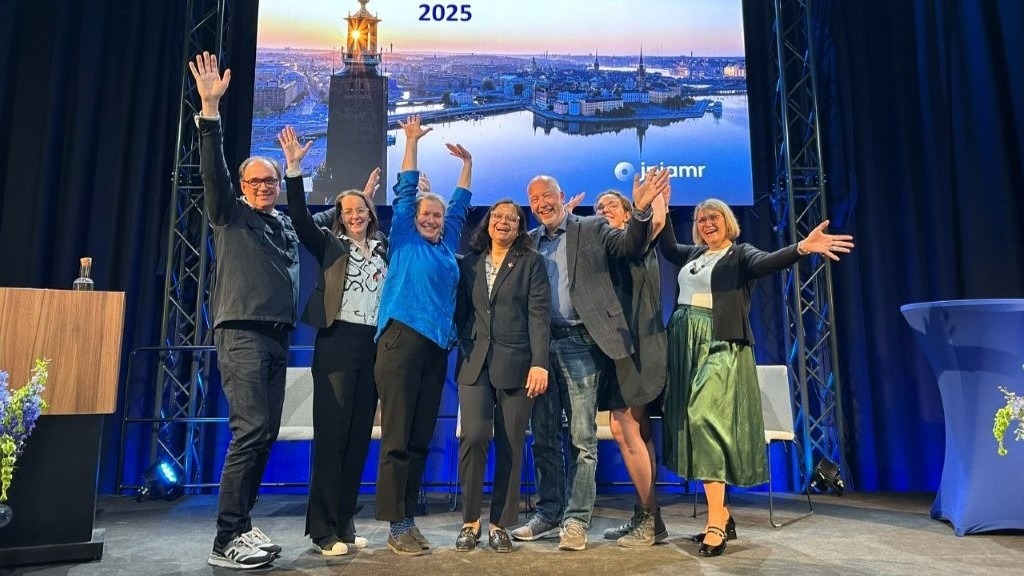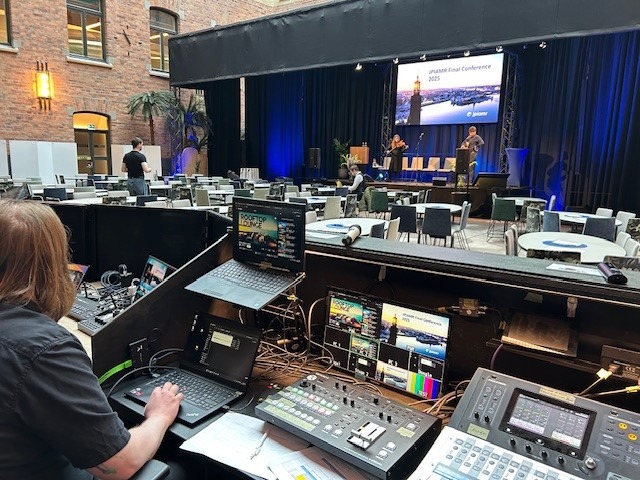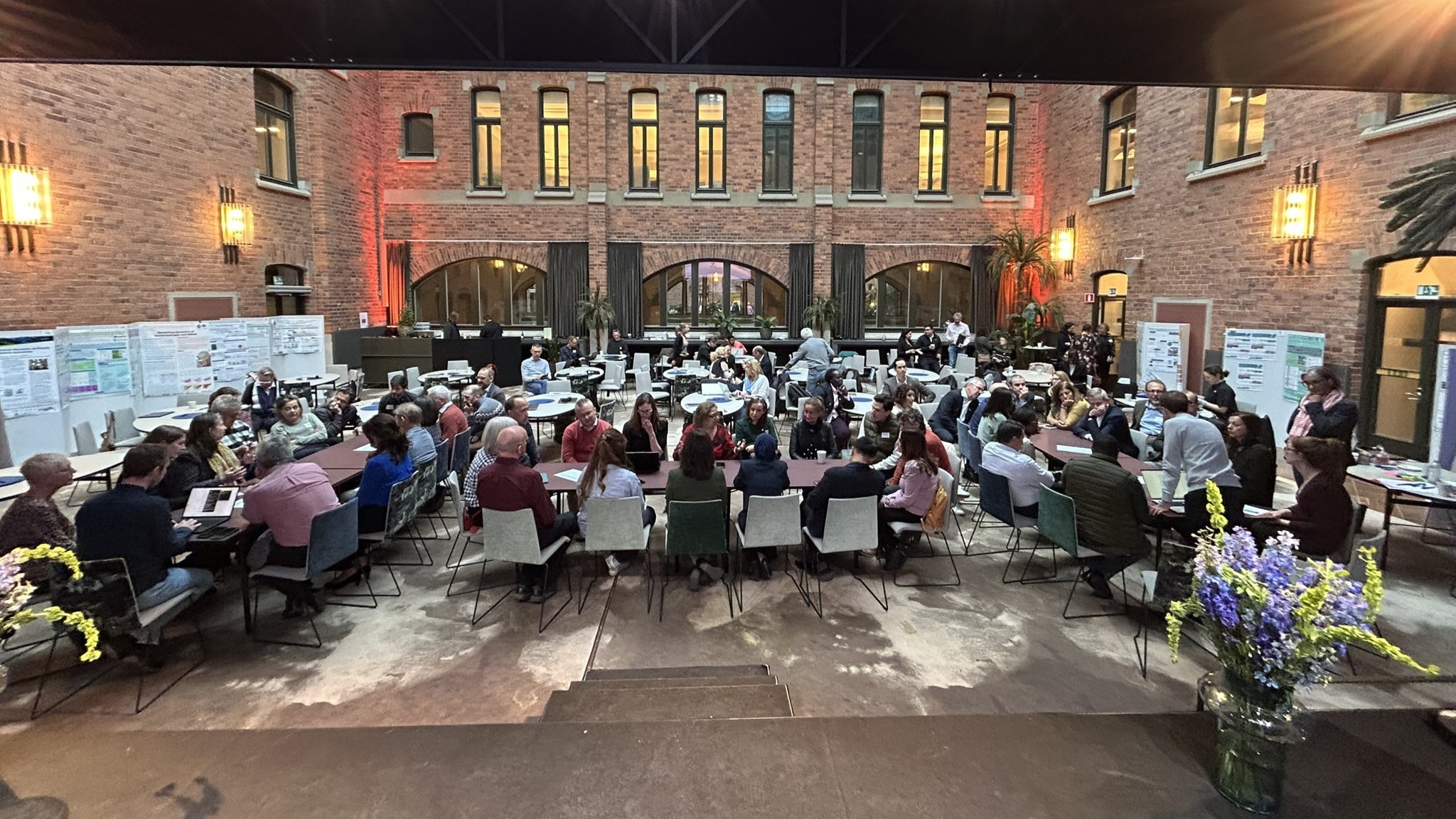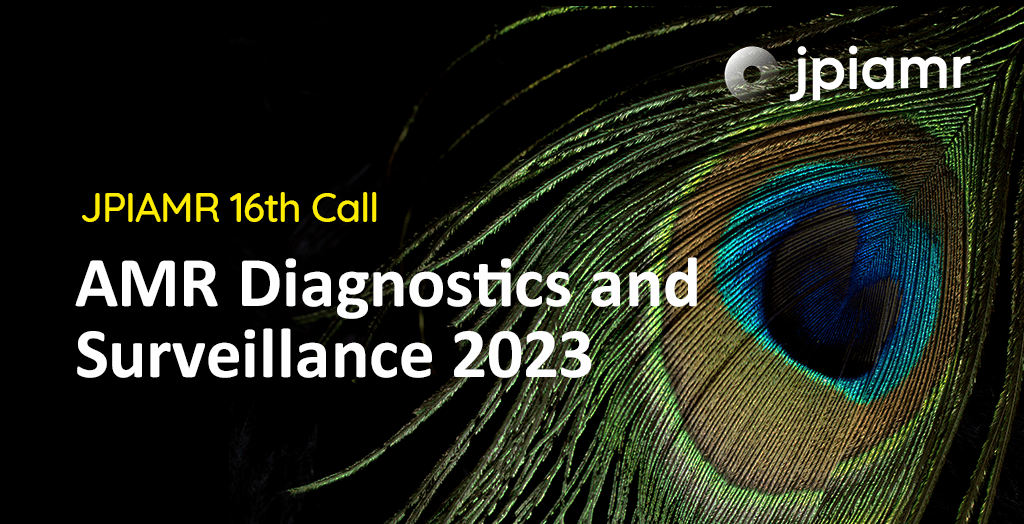After 14 years of joint international collaboration, the JPIAMR officially ended on 31 May 2025. The programme is succeeded by the new European Partnership on One Health Antimicrobial Resistance (EUP OHAMR), which starts in June 2025.
During the years, JPIAMR has successfully coordinated national research funding and supported collaborative actions for filling knowledge gaps on AMR with a One Health perspective. Together with 29 member countries and the European Commission, JPIAMR supported close to 1900 researchers to collaborate across national and scientific borders to find new treatments, solutions and methods to tackle AMR.
The JPIAMR secretariat would like to thank the JPIAMR member countries, boards and committees, as well as stakeholders, experts and researchers for their support and engagement over the years. Together, we have generated knowledge and capacity building in all the divers priority areas of the JPIAMR Strategic Research and Innovation Agenda, giving the global community resources and tools to understand and reduce the societal burden of AMR.
We look forward to continuing the work initiated by JPIAMR in the new EUP OHAMR and evolving and progressing together.
/The JPIAMR secretariat









